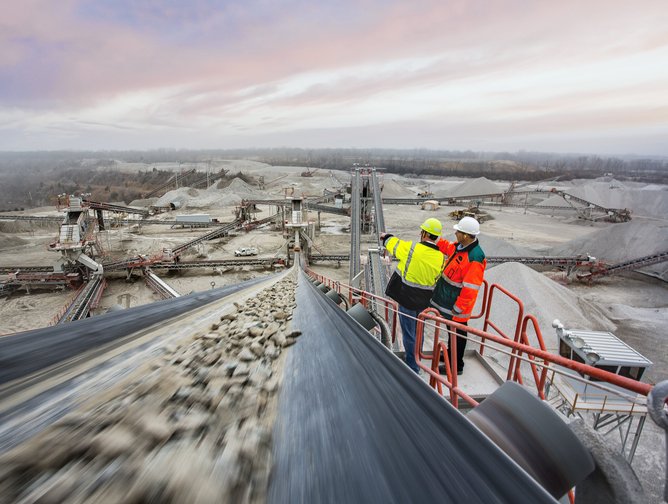Improving Procurement Transparency at Heidelberg Materials

Heidelberg Materials is one of the world's largest integrated manufacturers of building materials and solutions. The company holds leading market positions in cement, aggregates, and ready-mixed concrete. It has a broad global footprint and is represented in over 50 countries with more than 51,000 employees at almost 3,000 sites.
The company knew improved visibility across its whole supplier base was key to enabling the smart decision-making that would help it improve financial performance while meeting its wider sustainability goals. It was previously operating a fragmented IT set-up of a variety of disparate procurement solutions in operation across different regions, which made it challenging to get the required visibility to effectively collaborate across teams or make smart procurement and supply chain decisions.

SAP collaboration with Heidelberg Materials
Heidelberg Materials collaborated with SAP Ariba solutions for its new procurement solution. The implementation period overlapped with the pandemic, so much of the work and training was carried out remotely.
The strategy was aiming to deliver a unified procurement solution across the whole of the business. This step would enable it to standardise sourcing, supplier management, contract management, and e-procurement processes, providing greater transparency across its whole procurement and supply chain programme.
“With intelligent procurement processes based on one unified technology foundation, our global procurement teams can work more efficiently and collaboratively to make smarter, more sustainable purchasing decisions,” said Christian Günther, Head of Procurement Performance Management, at Heidelberg Materials AG.

Benefits of centralised procurement technology
The company has found many benefits to their digital transformation strategy, with the greater harmonisation of supplier information across its sourcing, contract management, and catalogue management processes. It has resulted in the company tracking procurement activities across all different systems and regions to provide much greater visibility of relationships with all of their suppliers and within their procurement ecosystem.
The centraised system has made it easier for procurement teams working across different geographies to collaborate and communicate with colleagues to negotiate the best terms on deals. The increased automation of procurement processes is allowing staff to be more productive, as it removes repetitive tasks from their normal flow of work, and allows them to focus on areas that need greater human involvement.
Make sure you check out the latest edition of Procurement Magazine and also sign up to our global conference series - Procurement & Supply Chain LIVE 2024
**************
Procurement Magazine is a BizClik brand
- How SAP & Amazon Business are Simplifying Product SearchesProcurement Strategy
- How SAP is Using AI to Transform Supply Chain SolutionsTechnology & AI
- SAP: How Cloud Technology will Unlock Procurement’s NetworkProcurement Strategy
- SAP and Deutsche Telekom Collab Revolutionises ProcurementDigital Procurement






